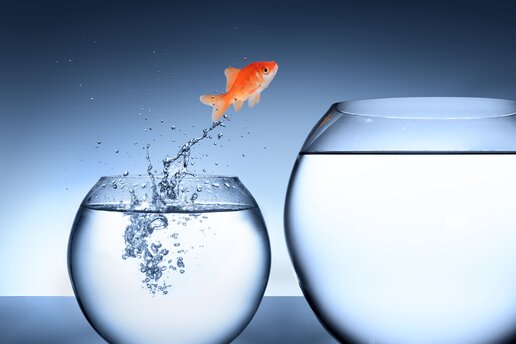

 Favorite (11)
Favorite (11)
The pro-fair side has always carried the mantra "there's nothing like personal contact", which is right. But you don't have to go to every fair. Due to Corona, the calendar of events will shrink anyway.

In the Corona crisis, personal contact is either not possible at all or somehow different. The crisis is very bad, especially for those who are in the event business. Certainly, not all trade fairs and events will survive in the long term. But the Corona crisis is only a short-term cause. The long siege of CEBIT has shown that there are also market reasons for the end of events. Corona accelerates this. If there is a reason for a certain event and companies that pay for it, the event will continue to exist. But we need digital/hybrid formats to meet customer needs AND have a working business model.
For those who make it, the Corona crisis will be the best thing that has happened to you.
Why?
On the first point: Anyone who doesn't want to get on the train at 5 a.m. tomorrow, doesn't have a travel permit, or is afraid of contagious diseases, can still take part in a trade fair or event - digitally! Everybody is currently working on the correct formats, but that will be solvable.
During a preview of the German Association for the Digital Economy, we looked at how https://dmexco.com is held digitally. It should be something between WhatsApp, LinkedIN and Netflix. In the end, this digital event was not perfect, but if you are looking for formats of the future, this is a good orientation. (https://t3n.de/news/marketing-abstand-diese-themen-1324352/)
It becomes much more difficult to find a suitable monetization model. Deutsche Messe has recently launched a survey and asked about the willingness to pay for digital and hybrid event models. Speaking for myself, it was alarmingly low.
A negative example of a lack of digital business models is the German publishing and newspaper landscape, which has transformed itself from a ducat donkey to a piggy bank because they simply had only paper and no digital business model available for too long.
About point two: A very long time ago, my boss sent a colleague to the CEBIT trade fair at very short notice to have a look at the exhibits: Just to see what was going on there. Soon, there will be no such thing at all.
At every (presence) trade one can see how fairly poor many companies are prepared for events. No content, wrong staff: the list is long. Digitalization means that I only take long business trips, possibly intercontinental ones, when it is really, really important.
If you, as an exhibitor, mess up your trade fair appearance, you will not get a second chance with many visitors.
In the best-case scenario, you should think about what you actually want to communicate to - potential - customers before you appear at a trade fair. Thanks to digital formats, you need to explain less technical content to customers on-site. If the trip to a trade fair or event is a major investment, customers will be better informed in advance. Here, too, we need hybrid formats.
Personal contact is then all about the most important thing that marketing can do: Create trust!
The MEDICA and COMPAMED trade fairs, the world's leading information and communication platforms for the medical technology industry, are held entirely in virtual format this year and, from 2021, as hybrid formats.